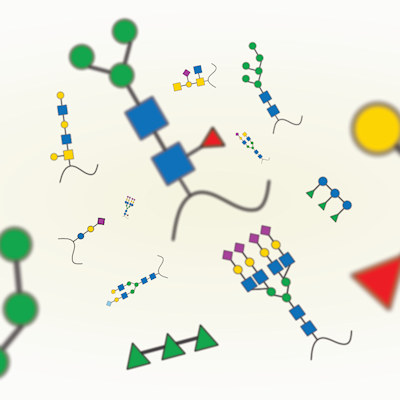August 10, 2022 -- The National Science Foundation (NSF) has awarded Georgetown University $12.5 million to establish a collaborative institute for the advancement of research and education regarding viruses transmitted from animals to humans.
Based at Georgetown's Center for Global Health Science and Security, the Verena (Viral Emergence Research Initiative) Biology Integration Institute will focus on the sources of emerging infectious diseases and will also train scientists in the science of the host-virus network, with the goal of training the next generation of emerging virus researchers. The plan is to train more than 100 undergraduate and graduate students in the first five years of the project.
The NSF-funded institute will also seek to provide new insights into the evolution of the immune systems of bats and -- combined with research on mosquito vectors of disease -- aim to "lay the foundation to apply innovative methods across the vertebrate and invertebrate global virome."
The institute's goal is to make advancements in machine learning and computational biology, while developing an open data infrastructure -- including a universal, public database for wildlife disease surveillance -- meant to broaden quantitative research in disease ecology.
"We started developing our approach six months before the pandemic started: We build datasets, run experiments, and apply artificial intelligence all in concert to understand the rules of cross-species transmission," Colin Carlson, PhD, Georgetown assistant professor and director of the institute and co-founder of Verena, said in a statement. "Three years in, we're thrilled at the chance to scale up and tackle even harder problems -- and hopefully start to make real impacts in global health and conservation."
Copyright © 2022 scienceboard.net









